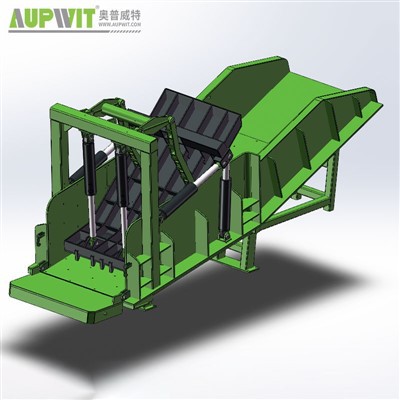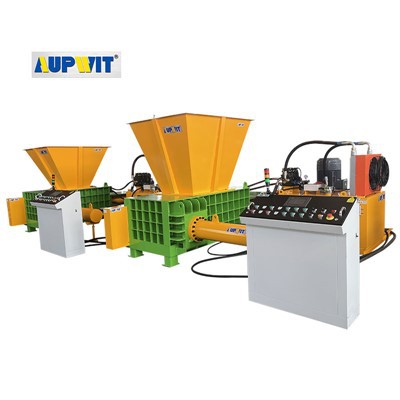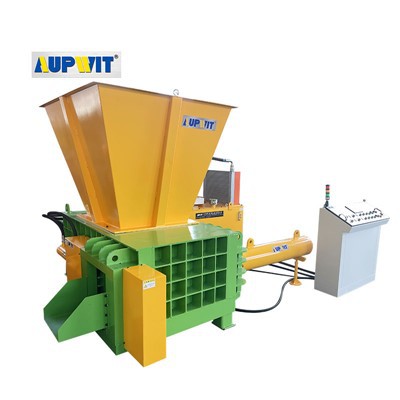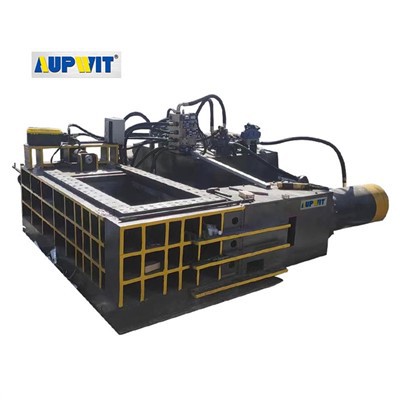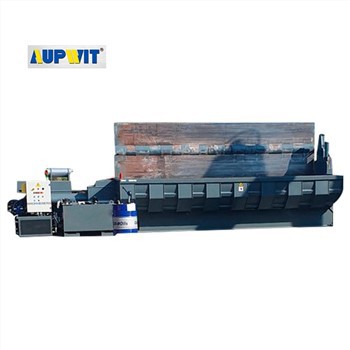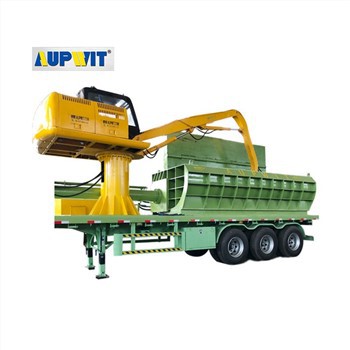Proper daily maintenance is critical to ensure shredder machines operate efficiently, safely, and with minimal downtime. Below are essential maintenance practices:
1. Blade Inspection & Sharpening
-
Check blades daily for wear, cracks, or dull edges. Dull blades increase energy consumption and reduce shredding efficiency.
-
Sharpen or replace blades as needed, especially after processing abrasive materials like metals or fiberglass.
2. Lubrication of Moving Parts
-
Regularly lubricate bearings, shafts, and hydraulic systems with manufacturer-recommended grease to reduce friction and prevent overheating.
-
Monitor oil levels in hydraulic systems and top up if necessary.
3. Clearing Jams & Debris
-
Inspect the cutting chamber after each use to remove entangled materials (e.g., wires, plastics) that could cause motor strain or jams.
-
Use reverse mode (if available) to clear minor blockages before they escalate.
4. Belt & Drive System Check
-
Ensure belts, chains, and couplings are properly tensioned and aligned to avoid slippage or excessive wear.
-
Listen for unusual noises (e.g., squeaking, grinding) that may indicate misalignment or bearing failure.
5. Screen & Discharge Inspection
-
Clean or replace screens and grates to maintain consistent output size and prevent clogging.
-
Verify that discharge conveyors are clear to avoid material buildup.
6. Electrical & Safety Components
-
Test emergency stop buttons, safety interlocks, and overload protections to ensure they function correctly.
-
Inspect wiring and connections for damage or corrosion.
7. Record Keeping & Professional Servicing
-
Log maintenance activities, including blade changes and lubrication schedules.
-
Schedule annual professional inspections for hydraulic, electrical, and structural integrity.


